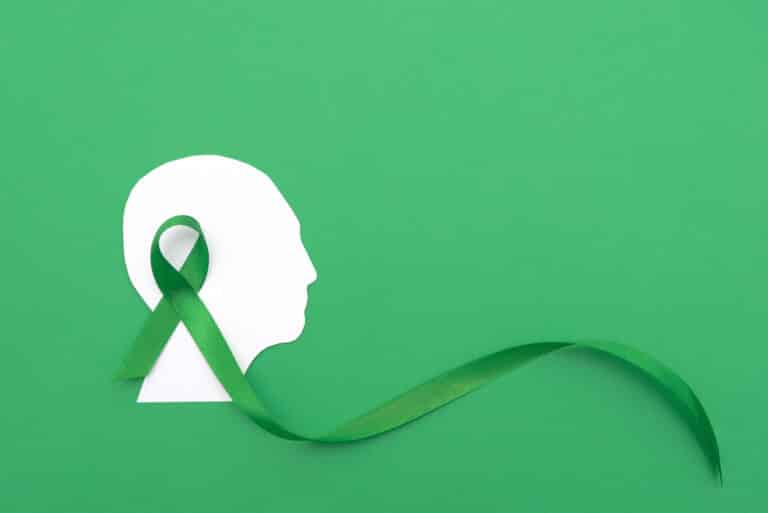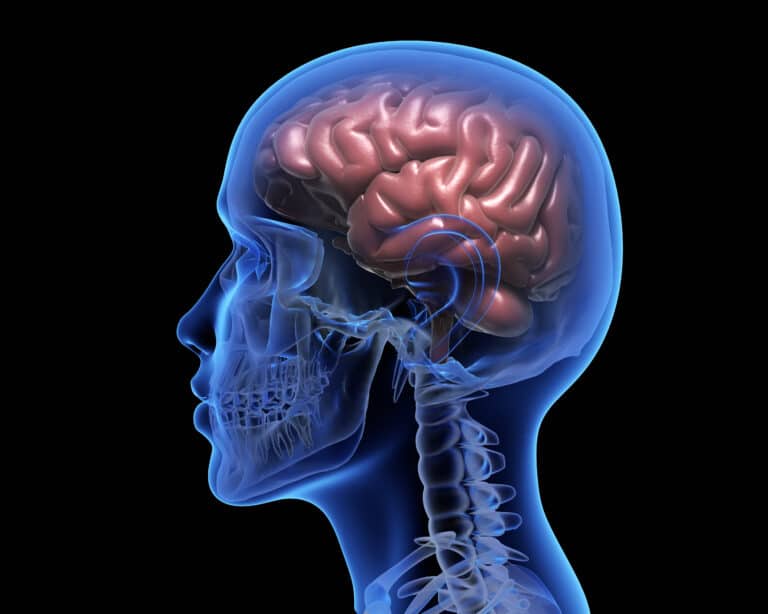Eating disorders are affecting many people. This can happen to our loved ones, and we never know it, even though the clues may be right in front of us. Because of this, learning what an eating disorder order is, as well as the different types, is very important.
National Eating Disorder Awareness Week, which starts on Monday, February 27, and lasts through Sunday, March 5, helps educate the public and can save lives. This week aims to inform people struggling with eating disorders and their family members about the dangers of living with an eating disorder. Raising awareness around eating disorders is essential for breaking the stigma and allowing people to seek treatment.
What is Considered an Eating Disorder?
Eating disorders are more than just skipping a meal or two when someone isn’t feeling hungry. It also goes beyond a lifestyle choice, although some may try to label it as such.
Essentially, an eating disorder is an illness, and often one that proves to be fatal. It has a strong correlation between thoughts, emotions, and how people feel about themselves. It may be linked to depression, although this may not always be the case.
There is no specific age when eating disorders start, so while it’s often connected with young people, it can be more noticeable. It’s also not only affecting models or those who wish to become one. Anyone from any walk of life can have an eating disorder, and it’s crucial to seek help with this disorder.
Types of Eating Disorders
There are three main types of eating disorders, according to the U.S. Department of Health and Human Services. These include anorexia nervosa, bulimia nervosa, and binge-eating disorder.
Anorexia Nervosa
Anorexia nervosa is what most people think of when they hear someone has an eating disorder. It’s when individuals decline to eat food and actively avoid meals. It can range from a severe restriction of calories to only eating certain types of foods.
A restrictive type of anorexia is when someone either refuses to eat or consumes only tiny portions of a specific kind of food.
A second type of anorexia is binge-purge. They not only restrict the amounts of food they consume, but they also purge or vomit what they do eat. Those suffering from anorexia may also choose to use laxatives or diuretics to purge meals.
Bulimia Nervosa
Bulimia nervosa differs from anorexia nervosa, as those with this disorder eat more frequently. Rather than counting calories religiously, they eat large amounts of food and may appear that they can’t control themselves. They then force themselves to vomit or use laxatives.
Contrary to popular opinion, those with bulimia nervosa aren’t necessarily underweight. They may be, but it’s also possible that they are a healthy weight or even overweight.
Binge-Eating Disorder (BED)
Eating large amounts of food without stopping is essentially binge eating. It may sound similar to bulimia nervosa because those with this disorder eat a large amount of food, but there is no purging with binge eating. Because of this, those who binge eat are often overweight.
Symptoms of Eating Disorders
People typically assume the main symptom of an eating disorder is someone frequently going to the bathroom after a large meal. While this can be a sign that a loved one is bulimic, there are many more symptoms to look for.
These can include, but aren’t limited to:
- Extreme thinness
- Extremely restricted eating
- Disinterest in a normal or healthy weight
- Fear of gaining weight
- Distorted body image
- Low self-esteem
- Brittle hair and nails
- Dry, yellowish skin
- Low blood pressure
- Severe constipation
- Infertility
- Feeling tired constantly
- Sore throat
- Swollen salivary glands
- Electrolyte imbalance
- Acid reflux disorder
People from all walks of life can be at risk of developing an eating disorder. Knowing how to recognize the signs and symptoms of problematic eating patterns is essential to support loved ones and receiving treatment.
The Importance of Eating Disorder Awareness Week
Eating Disorder Awareness Week shines a light on the problem facing many people, according to the National Eating Disorders Association. There is no set age limit. It can happen to someone as young as eight or as old as eighty-eight.
Learning about the signs and symptoms of someone experiencing an eating disorder is a great first step toward getting them the help they need. This week is also designed to bring hope to those who are in the grasp of an eating disorder, and know that they are. It can feel rather hopeless for some. Because of this, it’s always encouraging to hear stories from survivors and those who have faced these disorders and moved on with their lives.
This week is also about shining a light on eating disorders. It isn’t quite as obvious as some other disorders, so by learning more about it and speaking out, our loved ones may become empowered to do something about it.
Eating disorders often end in death. In many cases, the victims starve or commit suicide. Because of this, it’s crucial that we speak out.
How to Help a Loved One
Discovering that your loved one has an eating disorder can be very hard. You may have been noticing the signs all along, but didn’t think things were all that bad. Once you are aware and are ready to take steps, you may wonder what should happen next.
Trying to force your loved one to eat is not going to help. They already have a disorder that encourages them to avoid food. Forcing the issue is only going to reinforce this.
It’s important to keep in mind this is often strongly related to self-esteem and mental health, according to the Substance Abuse and Mental Health Services Administration, so rather than trying to help your loved one on your own, seek out professional help. In the meantime, try to remain supportive, educate yourself, and don’t forget to take care of your own health.
Seeking Professional Help
If you or a loved one have an eating disorder, the first step is to admit it. If you are in denial, then it becomes harder to accept treatment.
Professional help should be your next step. This could be in the form of a counselor, therapist, or even going to a recovery center.
Here at the Southern California Rehab Center, we focus mainly on drug and alcohol abuse, but our counselors can assist with eating disorders. Reach out to us today for more information. In the meantime, getting involved with Eating Disorder Awareness Week 2023 is a great way to gain more knowledge and find more resources.






